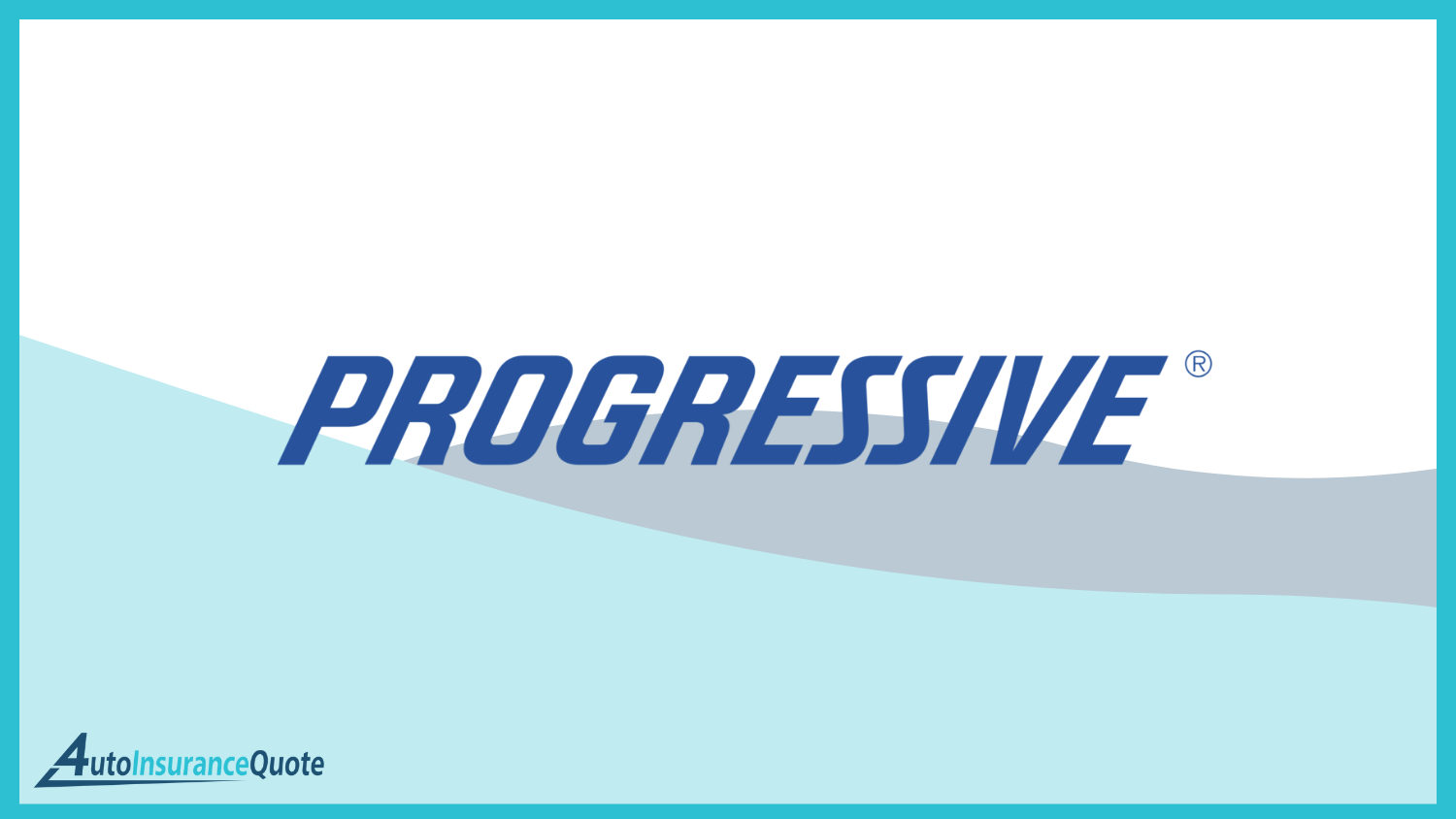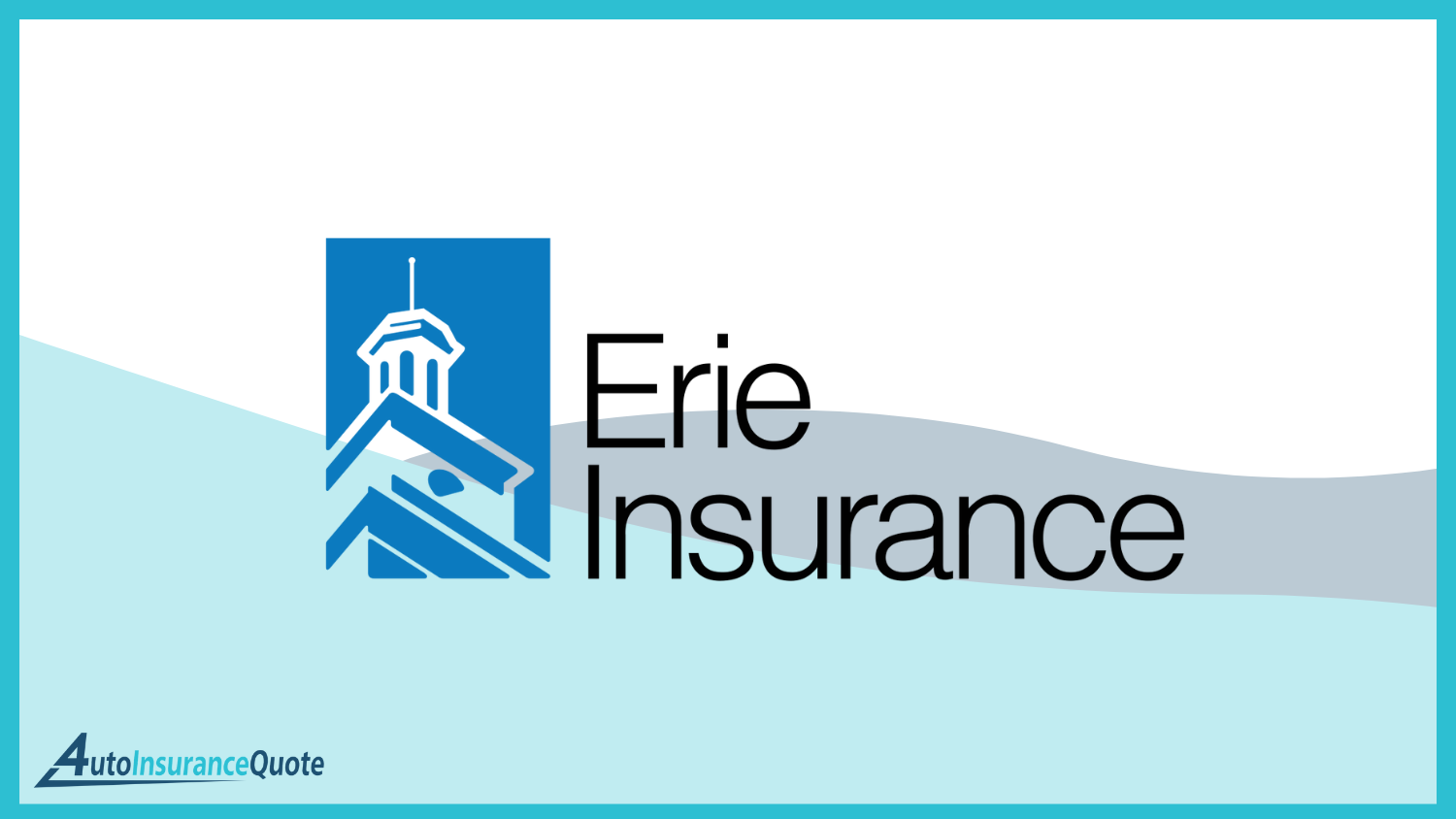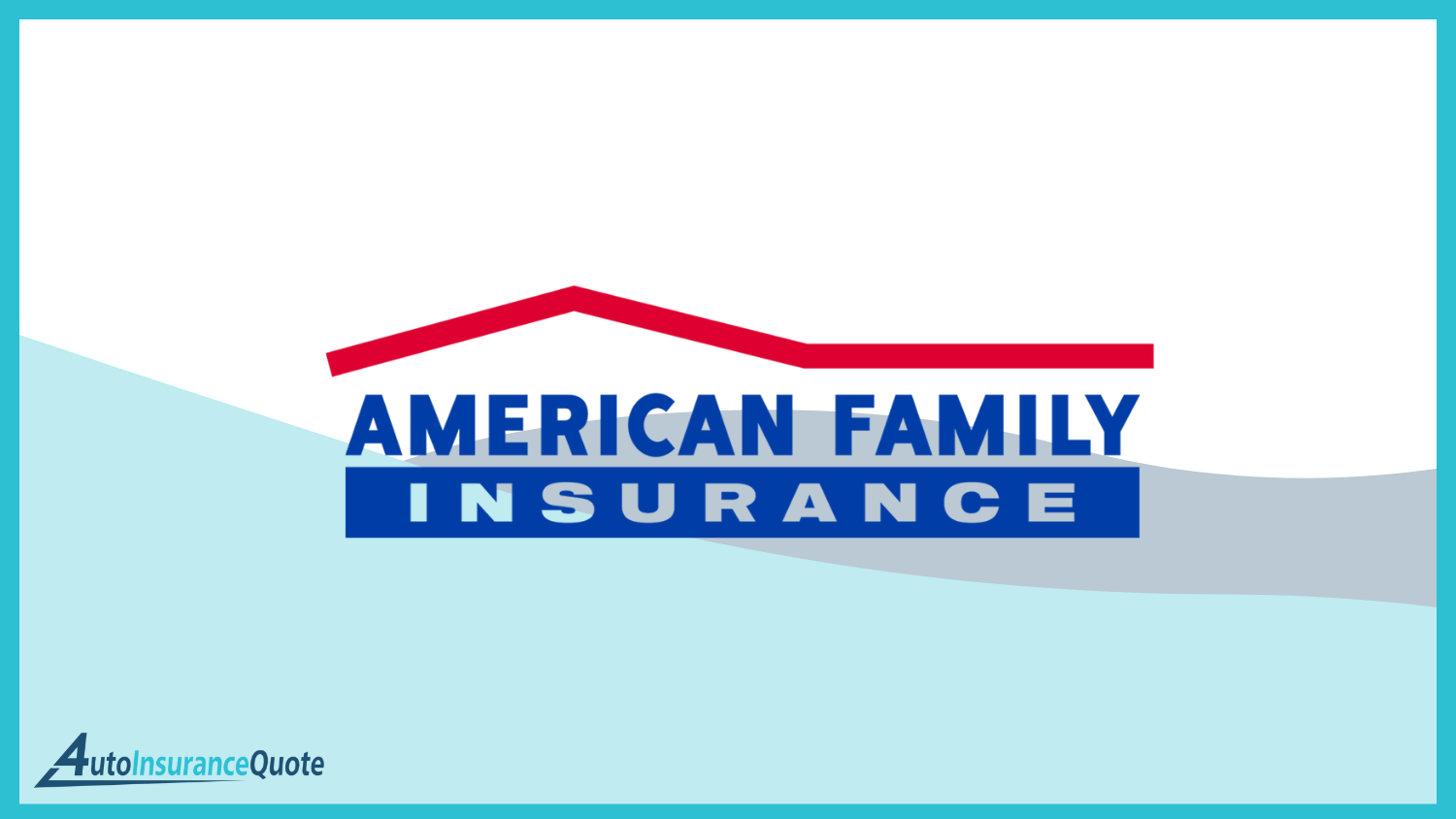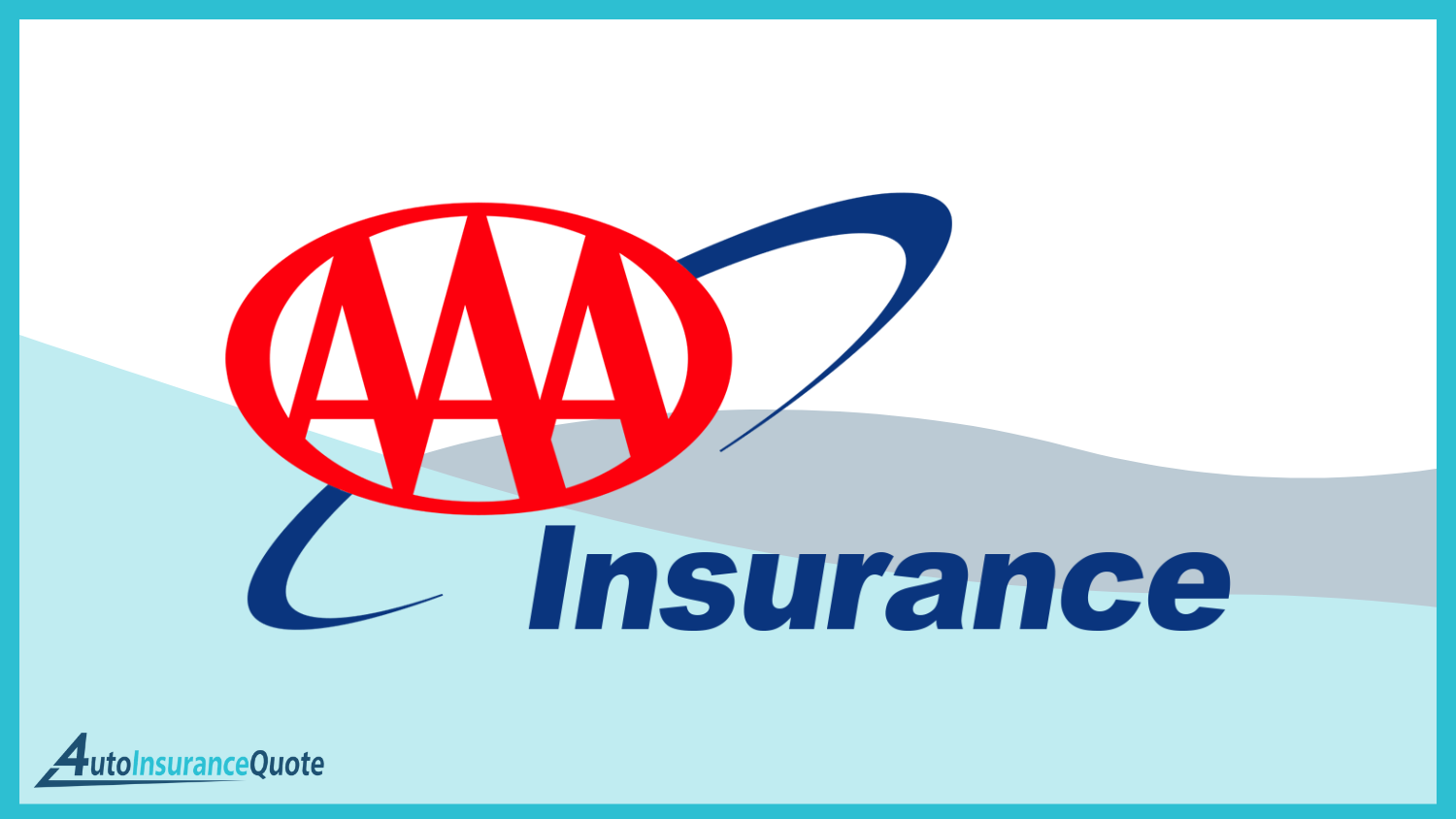Best Full-Glass Coverage Auto Insurance in 2025 (Find the Top 10 Companies Here!)
State Farm, Geico, and Progressive offer the best full-glass coverage auto insurance, with premiums starting as low as $40 per month. Our goal is to help you compare quotes from these reputable insurers to find the best coverage and take advantage of personalized discounts for your vehicle.
Free Car Insurance Comparison
Compare Quotes From Top Companies and Save
Secured with SHA-256 Encryption
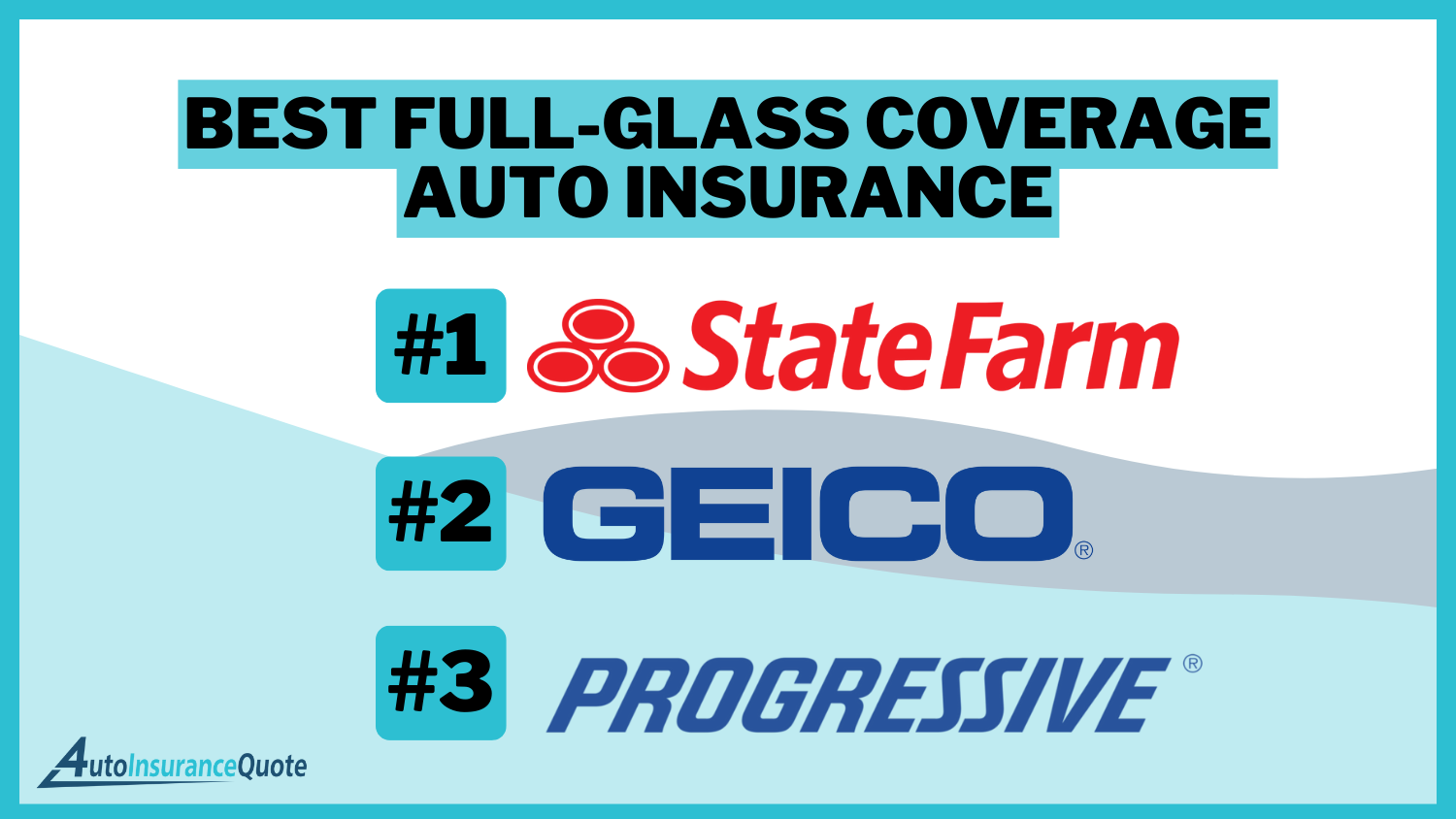
Justin Wright
Licensed Insurance Agent
Justin Wright has been a licensed insurance broker for over 9 years. After graduating from Southeastern Seminary with a Masters in Philosophy, Justin started his career as a professor, teaching Philosophy and Ethics. Later, Justin obtained both his Property & Casualty license and his Life and Health license and began working for State Farm and Allstate. In 2020, Justin began working as an i...
Licensed Insurance Agent
UPDATED: Oct 25, 2024
It’s all about you. We want to help you make the right coverage choices.
Advertiser Disclosure: We strive to help you make confident auto insurance decisions. Comparison shopping should be easy. We are not affiliated with any one auto insurance provider and cannot guarantee quotes from any single provider.
Our insurance industry partnerships don’t influence our content. Our opinions are our own. To compare quotes from many different companies please enter your ZIP code on this page to use the free quote tool. The more quotes you compare, the more chances to save.
Editorial Guidelines: We are a free online resource for anyone interested in learning more about auto insurance. Our goal is to be an objective, third-party resource for everything auto insurance related. We update our site regularly, and all content is reviewed by auto insurance experts.
UPDATED: Oct 25, 2024
It’s all about you. We want to help you make the right coverage choices.
Advertiser Disclosure: We strive to help you make confident auto insurance decisions. Comparison shopping should be easy. We are not affiliated with any one auto insurance provider and cannot guarantee quotes from any single provider.
Our insurance industry partnerships don’t influence our content. Our opinions are our own. To compare quotes from many different companies please enter your ZIP code on this page to use the free quote tool. The more quotes you compare, the more chances to save.
On This Page
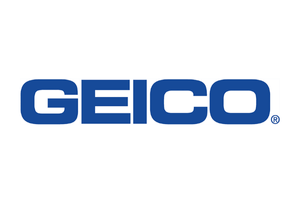
Company Facts
Full Coverage for Full-Glass
A.M. Best Rating
Complaint Level
Pros & Cons


Company Facts
Full Coverage for Full-Glass
A.M. Best Rating
Complaint Level
Pros & Cons

- Progressive provides competitive rates starting at $40 per month
- Leading insurance companies offer options for comprehensive glass
- Discounts are available for comprehensive glass coverage insurance
Free Auto Insurance Comparison
Compare Quotes From Top Companies and Save
Secured with SHA-256 Encryption
#1 – State Farm: Top Overall Pick
Pros
- Competitive Rates: Offers comprehensive coverage at rates starting as low as $40 per month.
- Strong Financial Stability: Rated highly for financial strength, ensuring reliability and prompt claim settlements.
- Wide Network: Extensive network of agents providing personalized customer service. Find out more in our State Farm auto insurance review.
Cons
- Limited Discounts: Fewer discount options compared to some competitors.
- Local Variability: Service quality and rates can vary significantly by location.
#2 – Geico: Best for Competitive Rates
Pros
- Affordable Rates: Known for some of the most competitive pricing in the industry. Read more in our Geico auto insurance review.
- User-Friendly Technology: Excellent online tools and mobile app for managing policies and claims.
- Broad Coverage Options: Offers a variety of flexible policy options tailored to different needs.
Cons
- Customer Service: Mixed reviews on customer service quality, particularly for complex claims.
- Fewer Local Agents: Limited in-person agent availability compared to traditional insurers.
#3 – Progressive: Best for Flexible Policies
Pros
- Customizable Policies: In our Progressive auto insurance review, highly flexible coverage options allowing for tailored insurance plans.
- Discount Opportunities: Offers a wide range of discounts, including multi-policy and safe driver discounts.
- Innovative Tools: Features like the Name Your Price tool and Snapshot program provide personalized pricing.
Cons
- Higher Rates for Some: Rates can be higher for drivers with poor credit or driving records.
- Complex Claims Process: Some customers report difficulties with the claims process.
Compare over 200 auto insurance companies at once!
Secured with SHA-256 Encryption
#4 – Allstate: Best for Extensive Network
Pros
- Extensive Network: Large network of local agents providing personalized service and support.
- Comprehensive Coverage Options: Wide range of coverage options and add-ons available.
- Customer Service: Generally high marks for customer satisfaction and claims handling. Use our Allstate auto insurance review as your guide.
Cons
- Higher Premiums: Can be more expensive than other providers, especially for full coverage.
- Discount Limitations: Discount availability can be limited based on location and eligibility.
#5 – Liberty Mutual: Best for Customizable Plans
Pros
- Customizable Plans: Offers a high degree of customization for policies, allowing for tailored coverage.
- Various Discounts: Numerous discount opportunities, including for bundling and safe driving. Read more through our Liberty Mutual auto insurance review.
- Convenient Services: Provides mobile repair options and other convenient service features.
Cons
- Inconsistent Customer Service: Varies by region, with some areas reporting lower satisfaction.
- Complex Policy Terms: Some customers find the terms and conditions of coverage confusing.
#6 – Farmers: Best for Excellent Claims Service
Pros
- Excellent Claims Service: Known for a straightforward and efficient claims process.
- Comprehensive Policy Options: Wide array of coverage options and add-ons.
- Experienced Agents: Farmers, as mentioned in our Farmers auto insurance review, has access to knowledgeable and experienced local agents.
Cons
- Higher Cost: Generally higher premiums compared to some other insurers.
- Discount Availability: Fewer discount options than some competitors.
Compare over 200 auto insurance companies at once!
Secured with SHA-256 Encryption
#7 – Erie: Best for Affordable Premiums
Pros
- Affordable Premiums: Often offers lower premiums compared to many other insurers.
- High Customer Satisfaction: Consistently high marks for customer service and satisfaction.
- Comprehensive Coverage: Good range of coverage options, including full-glass coverage.
Cons
- Regional Availability: Coverage limited to certain regions in the U.S. Read more through our Erie auto insurance review.
- Limited Online Services: Less robust online tools and mobile app compared to larger insurers.
#8 – American Family: Best for Customer Satisfaction
Pros
- Customer Satisfaction: High ratings for customer satisfaction and service quality.
- Comprehensive Coverage: Wide range of coverage options, including unique add-ons.
- Personalized Service: Strong emphasis on personalized service through local agents.
Cons
- Higher Premiums: Can be more expensive than some other providers.
- Limited Availability: Coverage not available in all states. Read more through our American Family auto insurance review.
#9 – Travelers: Best for Broad Coverage Options
Pros
- Broad Coverage Options: Extensive range of coverage options and add-ons. For further insights, look at our Travelers auto insurance review.
- Strong Financial Stability: Highly rated for financial strength, ensuring reliable claim payouts.
- Innovative Products: Offers innovative insurance products and risk management services.
Cons
- Complex Discounts: Discount structure can be complex and hard to qualify for.
- Mixed Reviews: Customer service and claims process receive mixed reviews.
Compare over 200 auto insurance companies at once!
Secured with SHA-256 Encryption
#10 – AAA: Best for Member Benefits
Pros
- Member Benefits: Offers additional benefits like roadside assistance and travel discounts.
- Reliable Service: Known for reliable service and support. Read more through our AAA auto insurance review.
- Comprehensive Coverage: Good range of coverage options, including full-glass coverage.
Cons
- Membership Requirement: Must be a AAA member to access insurance products.
- Higher Premiums: Generally higher premiums compared to some other insurers.
Auto Glass Repair Insurance Coverage
When Auto Glass Insurance Deductibles are Waived
Frequently Asked Questions
What is full glass auto insurance coverage?
Full glass auto insurance coverage is an optional policy add-on that protects you against the cost of repairing or replacing your vehicle’s glass components, such as the windshield, windows, and mirrors. It covers damages caused by accidents, vandalism, falling objects, or other covered perils.
How does full glass auto insurance coverage differ from comprehensive coverage?
Full glass auto insurance coverage is a type of optional coverage that specifically focuses on glass components of your vehicle. In contrast, comprehensive coverage is a broader policy that covers a wide range of damages to your vehicle, including glass damage, theft, fire, and weather-related incidents. Enter your ZIP code to start.
Why should I consider adding full glass coverage to my auto insurance policy?
Adding full glass coverage to your auto insurance policy can be beneficial for several reasons:
- It provides financial protection against costly glass repairs or replacements, which can be expensive.
- It helps you avoid out-of-pocket expenses for glass damage, as many comprehensive policies have deductibles.
- It offers peace of mind knowing that you’re covered if your vehicle’s glass components are damaged.
Is full glass auto insurance coverage affordable?
Full glass auto insurance coverage typically comes at an additional cost to your regular auto insurance premium. The affordability of this coverage can vary depending on factors such as your location, driving history, type of vehicle, and insurance provider. However, the cost is generally reasonable compared to the potential expenses of repairing or replacing your vehicle’s glass components without coverage.
Are there any limitations to full glass auto insurance coverage?
While full glass coverage can be comprehensive, it’s essential to review the specific terms and conditions of your policy. Some common limitations include:
- Exclusions for glass damage caused by wear and tear or pre-existing conditions.
- Coverage limits that may not fully cover the cost of high-end glass replacements.
- Restrictions on the number of glass claims you can make within a certain period.
What are the starting monthly rates for full-glass coverage auto insurance from State Farm?
Which insurance company is known for offering the most competitive rates for full-glass coverage?
Geico is known for offering the most competitive rates for full-glass coverage.
What type of coverage does full-glass auto insurance specifically focus on?
Full-glass auto insurance specifically focuses on protecting against the cost of repairing or replacing a vehicle’s glass components, such as the windshield, windows, and mirrors. Enter your ZIP code now to begin.
What additional benefits does AAA offer to its members besides auto insurance?
Why might adding full-glass coverage to your auto insurance policy be beneficial?
Adding full-glass coverage to your auto insurance policy can be beneficial because it protects against the potentially high costs of repairing or replacing vehicle glass, and some policies even offer no-deductible repairs for small cracks or chips.
Compare over 200 auto insurance companies at once!
Secured with SHA-256 Encryption
Justin Wright
Licensed Insurance Agent
Justin Wright has been a licensed insurance broker for over 9 years. After graduating from Southeastern Seminary with a Masters in Philosophy, Justin started his career as a professor, teaching Philosophy and Ethics. Later, Justin obtained both his Property & Casualty license and his Life and Health license and began working for State Farm and Allstate. In 2020, Justin began working as an i...
Licensed Insurance Agent
Editorial Guidelines: We are a free online resource for anyone interested in learning more about auto insurance. Our goal is to be an objective, third-party resource for everything auto insurance related. We update our site regularly, and all content is reviewed by auto insurance experts.






